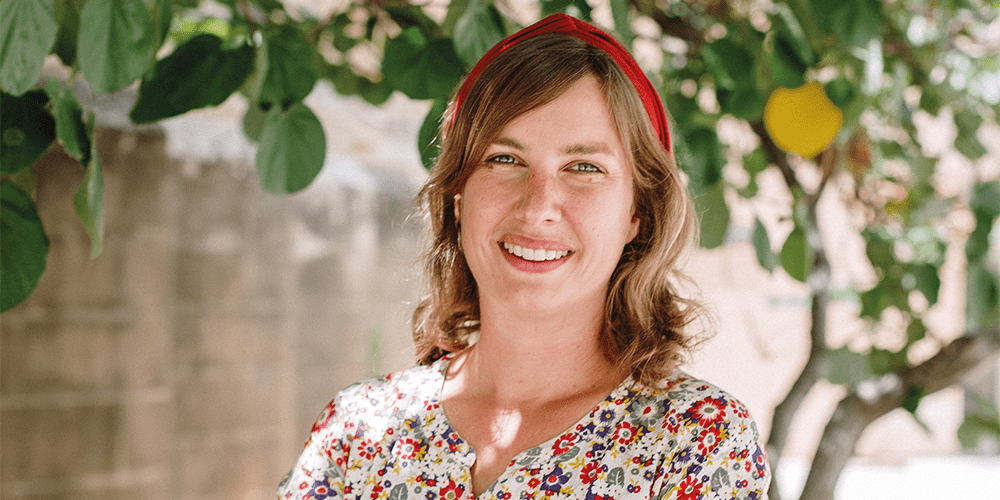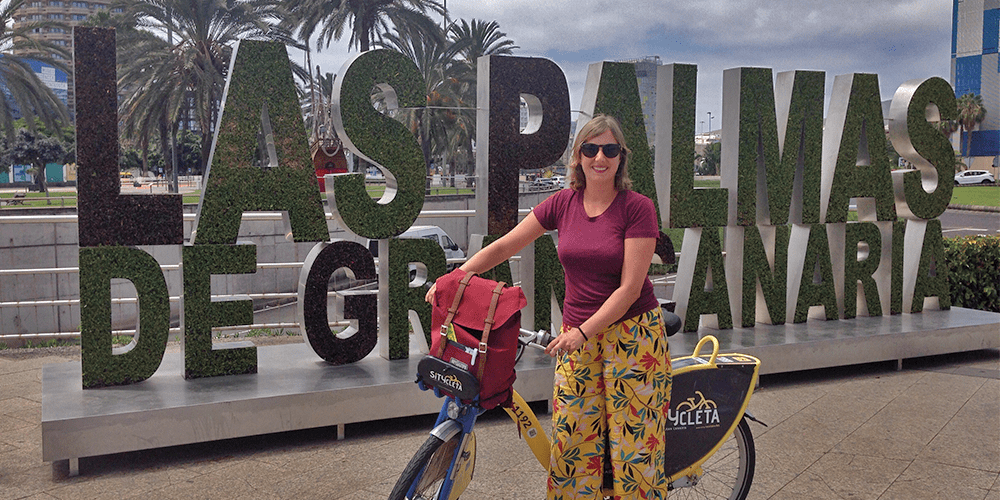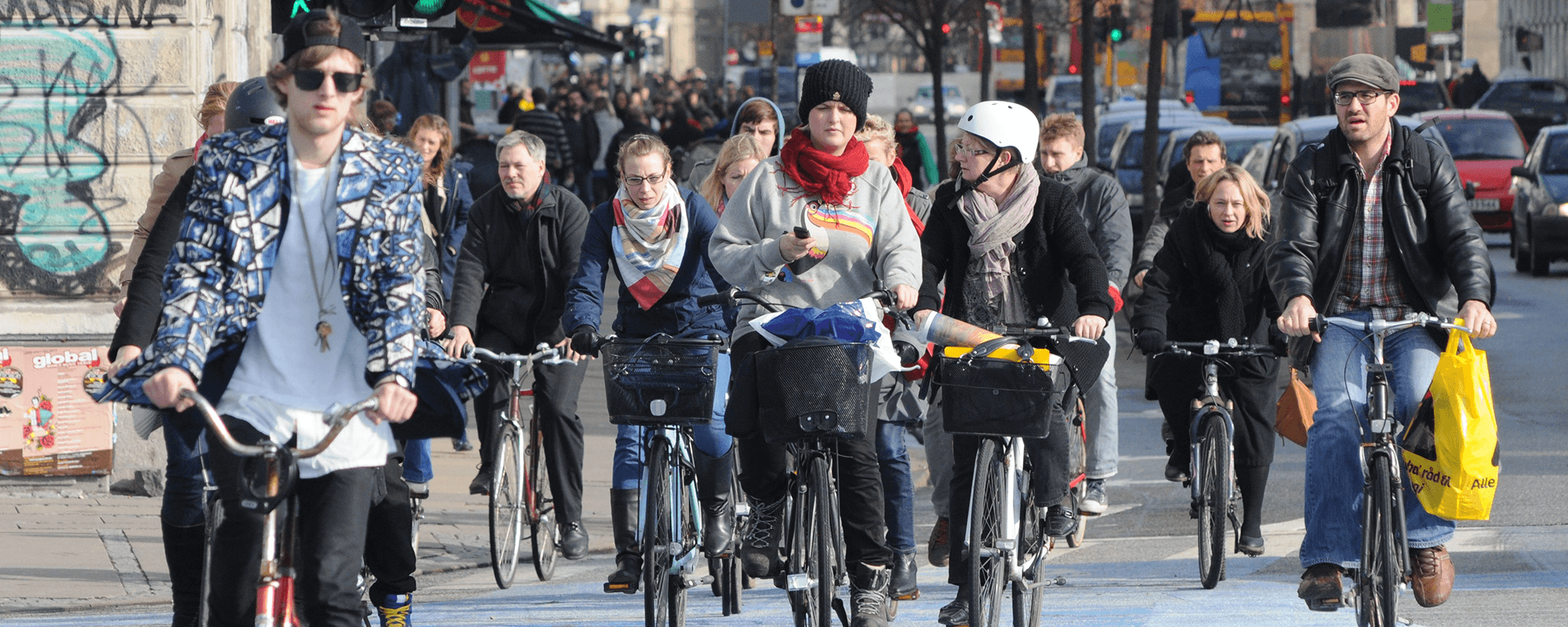Author: Suzanne Maas
It’s not even a stereotype — the Dutch are practically born on a bicycle. I received my first two-wheeled friend as a birthday present when I was just three years old, and I have never looked back. From age ten onwards, I cycled to school and everywhere else on my own, and when I was a student, I used to spend one and a half hours every day cycling to my university campus in Utrecht. I only learned that cycling is not such an obvious choice as a mode of transport once I started travelling to other countries, and that hard truth particularly hit home when I moved to Malta seven years ago. Cycling changed from lifestyle to a research interest.

Cycling as a mode of transport is a great solution to many of today’s challenges. Cycling improves overall fitness and wellbeing. Thirty minutes of cycling, the minimum amount of daily exercise recommended by the World Health Organization, can contribute to a 50% reduction in the risk of developing diseases such as diabetes, obesity, and coronary heart disease. From an environmental perspective, hopping on a bicycle instead of in a car reduces air and noise pollution, is practically carbon emission-free, and is far more space-efficient than driving a car (bike: 1.5m2 parking space, car: 10m2 parking space). Cycling is also one of the most equitable forms of transport, because it is so affordable. As an increasingly popular saying goes, a bicycle ‘runs on fat, not on money,’ whereas a car ‘runs on money and makes you fat’.
So cycling is about health, community, and culture as much as it is about urban design and mobility. In my research, I look at the introduction and use of bicycle sharing systems (such as nextbike Malta) and the promotion of cycling in three different island cities in Southern Europe: Limassol in Cyprus, Las Palmas de Gran Canaria in the Canary Islands (Spain), and urbanised areas of Malta. By analysing trip data provided by the bikeshare operators and responses to a survey of bikeshare users, I am trying to understand the “with”, “when”, “where”, “why” and “how” of bikeshare use. I look into how bikeshare use is influenced by weather, topography and culture, and how encouraging and discouraging factors can contribute to promoting cycling in these cities.

My preliminary results confirm what is clear from the literature on cycling: provision of bicycles through bicycle sharing schemes alone is not enough. Cycling becomes accessible for all where authorities build safe, convenient and connected cycling infrastructure, implement educational and motivational programmes, and use media and community organisation to change social norms and transform culture. Look at Seville (Spain), where cycling grew tenfold (from 6,000 to 66,000 daily cyclists) in a five-year timespan! The city achieved this by creating a connected network of bicycle infrastructure separated from car flows and introducing a bicycle sharing system.
When people find out about my research, and that I come from the Netherlands, they love to say ‘but we’re not Amsterdam!’ Well, Amsterdam wasn’t Amsterdam either, back in the 1970s. The streets were clogged with cars, creating traffic jams along the iconic canals and blocking the narrow pavements. Decades of policy, planning, and promotion of cycling have turned the city into a world-famous cycling haven. Yes, weather, topography, and culture matter when it comes to cycling, but ultimately it is political will that is needed to create space for the most efficient and convenient mode of transport there is: the bicycle.
If you have ever used a shared bicycle in Malta, you can contribute to this bikeshare user survey: www.survey.bike and get a free 30 minute nextbike ride! Limassol, Las Palmas de Gran Canaria and Malta are all partner cities in the CIVITAS DESTINATIONS project, a European Union-funded project piloting sustainable mobility initiatives for residents and tourists. Suzanne Maas works as a Research Support Officer at the Institute for Climate Change and Sustainable Development of the University of Malta, one of the project partners.





Comments are closed for this article!